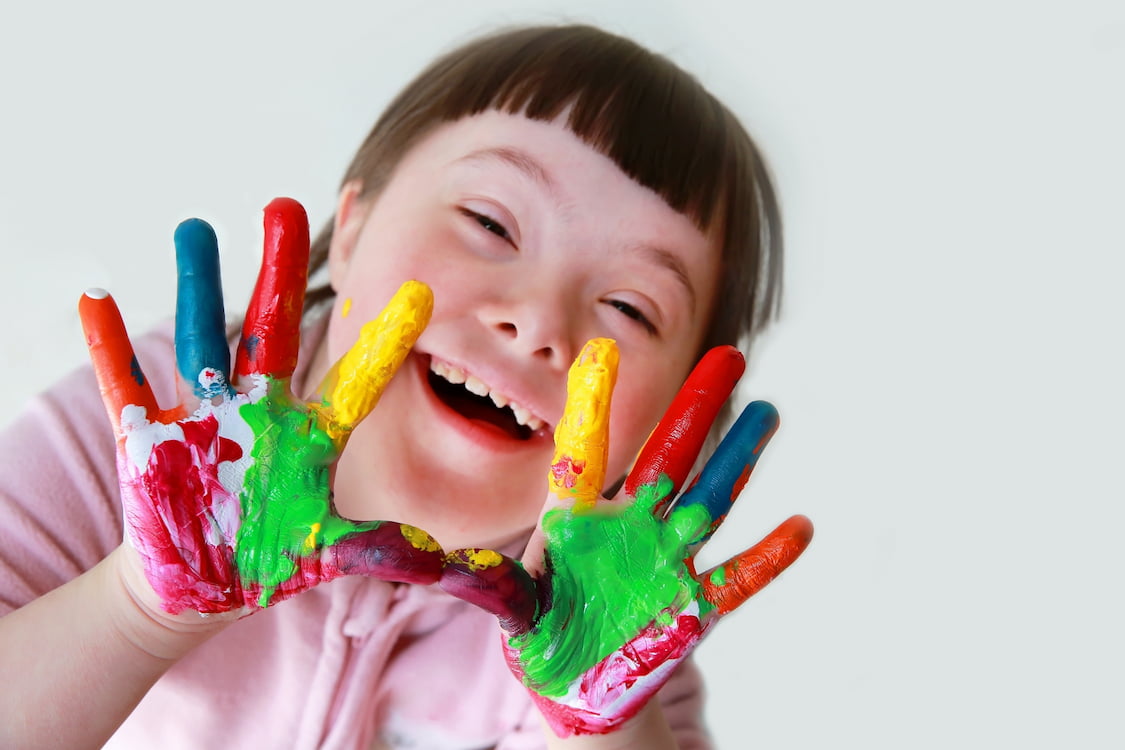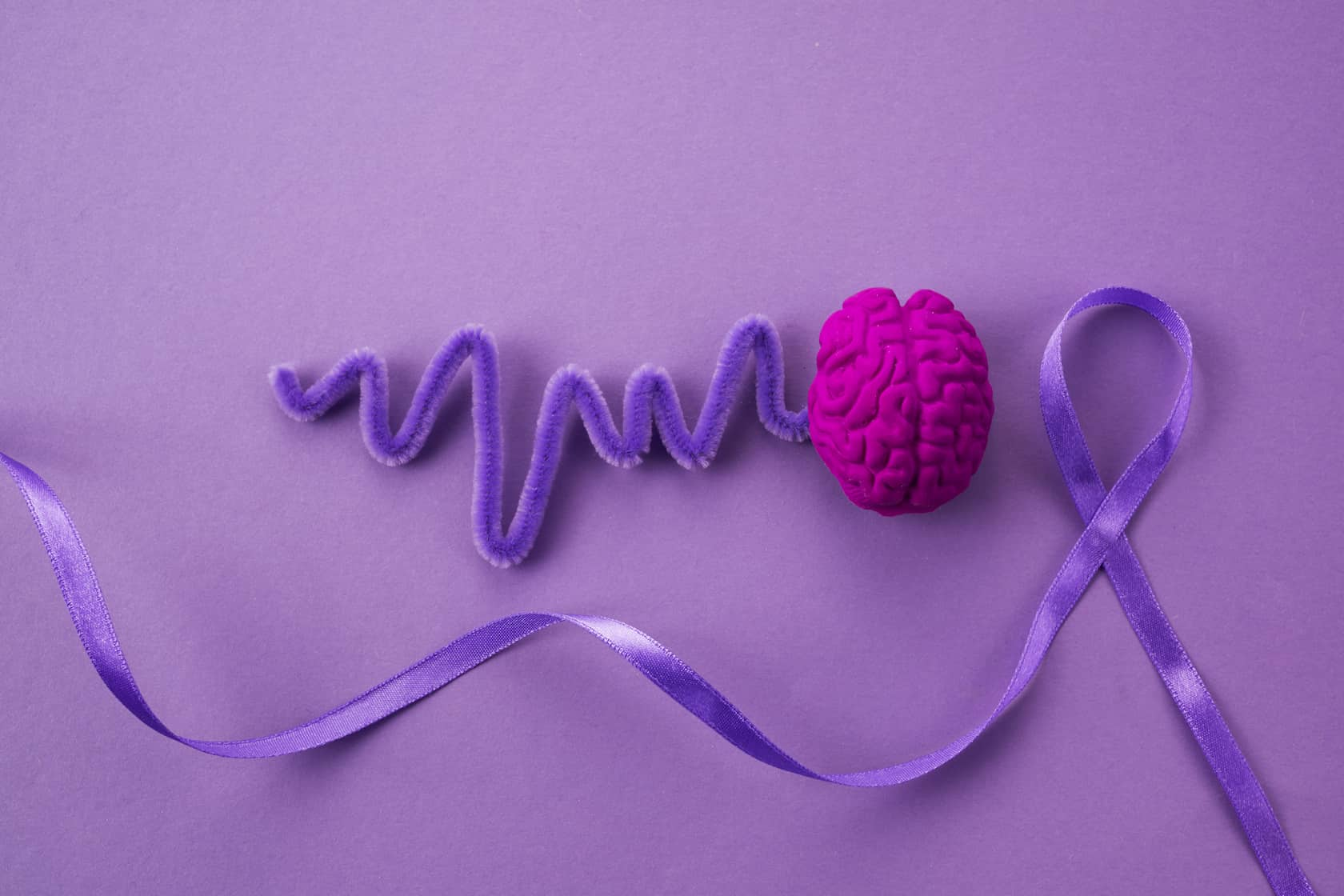
Managing Jeavons Syndrome: Tips for Patients and Caregivers
Jeavons syndrome is a rare form of epilepsy that affects a small percentage of people with epilepsy. It is characterized by brief episodes of seizures that can occur many times a day, usually triggered by flashing lights, emotional stress, and other stimuli. If you or someone you care for has been diagnosed with Jeavons syndrome, it can be overwhelming to deal with the condition, but there are several ways to manage it effectively. In this article, we will explore some tips for patients and caregivers to manage Jeavons syndrome.
What is Jeavons Syndrome?
Jeavons syndrome is a type of epilepsy that typically begins in childhood or adolescence. It is also known as eyelid myoclonia with absences or Jeavons syndrome with eyelid myoclonia. It is a rare form of epilepsy that affects only a small number of people with epilepsy. Jeavons syndrome is characterized by brief episodes of seizures that can occur many times a day, usually triggered by flashing lights, emotional stress, and other stimuli. These episodes usually involve sudden jerking movements of the eyelids, accompanied by brief periods of loss of consciousness or absence seizures.
Jeavons syndrome is a type of generalized epilepsy, which means that it affects both sides of the brain. However, the seizures are typically more pronounced on one side of the brain. It is often difficult to diagnose Jeavons syndrome, as the seizures are brief and may not be noticeable to others. Therefore, it is important to seek medical attention if you suspect that you or someone you care for has Jeavons syndrome.

What Causes Jeavons Syndrome?
Jeavons syndrome is a rare form of epilepsy that affects a small percentage of people with epilepsy. The exact cause of Jeavons syndrome is unknown, but researchers believe that it may be due to a combination of genetic and environmental factors.
Studies have shown that Jeavons syndrome is more common in individuals with a family history of epilepsy. This suggests that there may be a genetic component to the condition. However, not all individuals with a family history of epilepsy develop Jeavons syndrome, indicating that environmental factors may also play a role.
Environmental factors that may contribute to the development of Jeavons syndrome include exposure to flashing lights or other visual stimuli that can trigger seizures. Emotional stress, sleep deprivation, and certain medications may also trigger seizures in individuals with Jeavons syndrome.
Research into the causes of Jeavons syndrome is ongoing, and more studies are needed to better understand the condition. Identifying the underlying causes of Jeavons syndrome can help to develop more effective treatments and improve the quality of life for individuals with the condition.
Tips for Patients and Caregivers to Manage Jeavons Syndrome
Keep a Seizure Diary
Keeping a seizure diary is an effective way to track the frequency and duration of seizures. It is also helpful to record any triggers that may have caused the seizures, such as flashing lights or emotional stress. This information can be useful for doctors to diagnose Jeavons syndrome accurately and help patients and caregivers to manage the condition.
Avoid Triggers
Jeavons syndrome is often triggered by flashing lights, emotional stress, and other stimuli. Therefore, it is important to avoid triggers whenever possible. For example, patients may need to avoid watching certain types of television programs or movies that may have flashing lights or bright colors. It is also helpful to avoid stressful situations that may trigger seizures.
Take Medications as Prescribed
Medications can help to control seizures in patients with Jeavons syndrome. It is important to take medications as prescribed by a doctor and not to miss any doses. Patients may need to try several different medications before finding the one that works best for them. It is essential to discuss any side effects of medications with a doctor.
Maintain a Healthy Lifestyle
Maintaining a healthy lifestyle is essential for people with Jeavons syndrome. Getting enough sleep, eating a balanced diet, and staying physically active can help to reduce the frequency and severity of seizures. It is also important to avoid alcohol and recreational drugs, as they can worsen the condition.
Seek Support
Living with Jeavons syndrome can be challenging for patients and caregivers. It is helpful to seek support from family, friends, and healthcare professionals. Joining a support group can also be beneficial for patients and caregivers to share their experiences and learn from others.
Educate Others
It is important to educate others about Jeavons syndrome, as it is a rare form of epilepsy that is not well-known. Patients and caregivers can educate family, friends, and school staff about the condition and how to respond to seizures. It is also helpful to carry a card or wear a bracelet that identifies the condition.
Healthy Türkiye Notes
Jeavons syndrome is a rare form of epilepsy that can be challenging for patients and caregivers to manage. However, with the right management strategies, patients can live a fulfilling life. Keeping a seizure diary, avoiding triggers, taking medications as prescribed, maintaining a healthy lifestyle, seeking support, and educating others are all essential tips for patients and caregivers to manage Jeavons syndrome effectively.
It is also important to work closely with a doctor to develop a treatment plan that is tailored to the individual's needs. Regular check-ups with a neurologist are necessary to monitor the condition and adjust medications as needed. By following these tips and working with healthcare professionals, patients with Jeavons syndrome can manage the condition effectively and improve their quality of life.
If you or someone you care for has been diagnosed with Jeavons syndrome, it is essential to seek medical attention and develop a comprehensive management plan. While living with Jeavons syndrome can be challenging, it is possible to manage the condition effectively with the right strategies and support.
In conclusion, Jeavons syndrome is a rare form of epilepsy that can have a significant impact on patients and caregivers. By following the tips outlined in this article and working closely with healthcare professionals, patients can manage the condition effectively and improve their quality of life.




